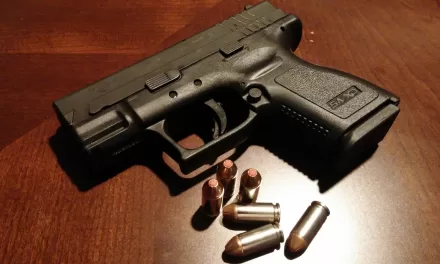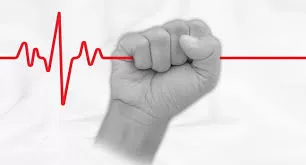The UN’s top rights official expressed her concern on Wednesday at reports that Ukrainian children have been “forcibly deported” from the country’s embattled eastern regions, and taken to Russia for adoption.
Michelle Bachelet told the Human Rights Council that her Office, OHCHR, has been looking into the allegations that youngsters have been taken from orphanages in Donbas, where Russia has steadily gained ground amidst intense fighting in recent weeks.
“OHCHR cannot yet confirm these allegations or the number of children who could be in such a situation,” Ms. Bachelet said. “We are concerned about the alleged plans of the Russian authorities to allow the movement of children from Ukraine to families in the Russian Federation, which do not appear to include steps for family reunification or respect the best interests of the child.”
Institutional care
Before the Russian invasion on 24 February, there were more than 91,000 children in Ukraine’s orphanages, boarding schools and other institutions for youngsters, according to UN Children’s Fund UNICEF.
In a statement, the UN agency said that it was aware of reports that Russia “may be modifying existing legislation to facilitate the fast-tracking of adoption” of orphans from the Donbas.
“UNICEF is of the view that adoption should never occur during or immediately after emergencies. Children separated from their parents during a humanitarian emergency cannot be assumed to be orphans. Every opportunity should be provided for family reunification.”
Probe latest
At a press conference in Kyiv on Wednesday, the Commission of Inquiry on Ukraine – created at the request of Member States in March by the Human Rights Council – said that testimonies it had received indicated that “there is a significant number of children disappeared in temporarily occupied territories, particularly children from institutions”.
For the moment, however, there is “not clear evidence” on the number of missing youngsters from State-run centres, and it is very difficult to confirm reports that they have been taken to Russia and given citizenship, said Jasminka Dzumhur, one of three investigators making up the panel.
At a scheduled press conference in the Ukrainian capital to mark the investigators’ first visit to the country, Commission of Inquiry chairman Erik Mose said that the panel had travelled to Bucha, Irpin, Kharkiv and Sumy, sites of suspected war crimes.
Painful testimony
“In Bucha and Irpin, the Commission received information about arbitrary killing of civilians, destruction and looting of property, as well as attacks on civilian infrastructure, including schools,” Mr. Mose said.
“In Kharkiv and Sumy region, the Commission observed the destruction of large urban areas, allegedly as a consequence of aerial bombings, shelling, or missile strikes against civilian targets.”
In accordance with its mandate, the Commission also heard accounts from internally displaced persons including those from eastern Ukraine which it intends to examine further.
These testimonies included “stories of destruction of civilian property, looting, the confinement, mistreatment and disappearance of civilians, as well as reports about rapes and other forms of sexual abuse,” said Commission member Ms. Dzumhur.
Describing the panel’s 10 days of work as “productive”, Mr. Mose noted that individuals had shared their “painful stories” which if confirmed, “may support claims that serious violations of international human rights law and international humanitarian law, perhaps reaching war crimes and crimes against humanity, have been committed in the areas”.
In coming weeks and months, the Commission will visit other areas of Ukraine before updating the Human Rights Council in September.













